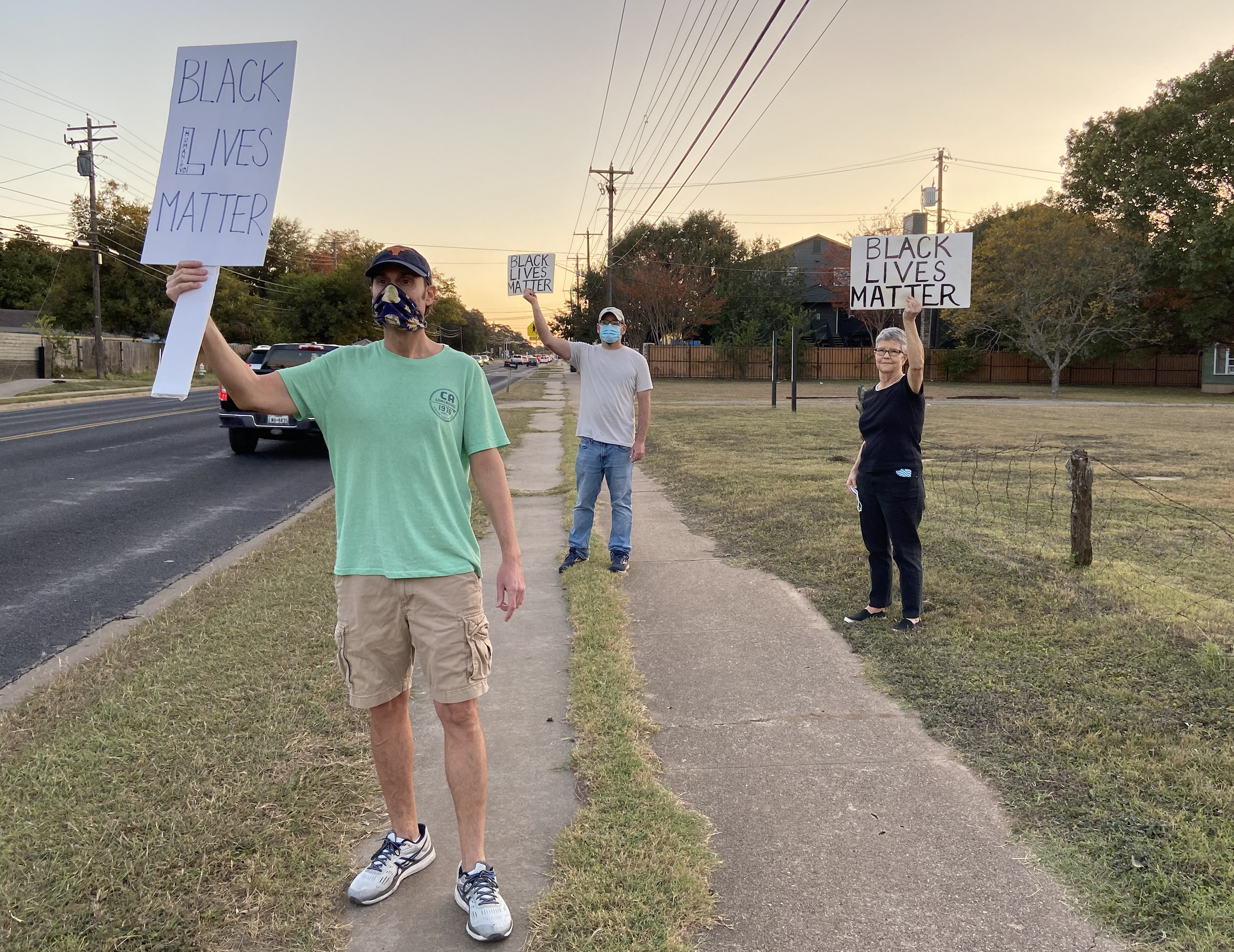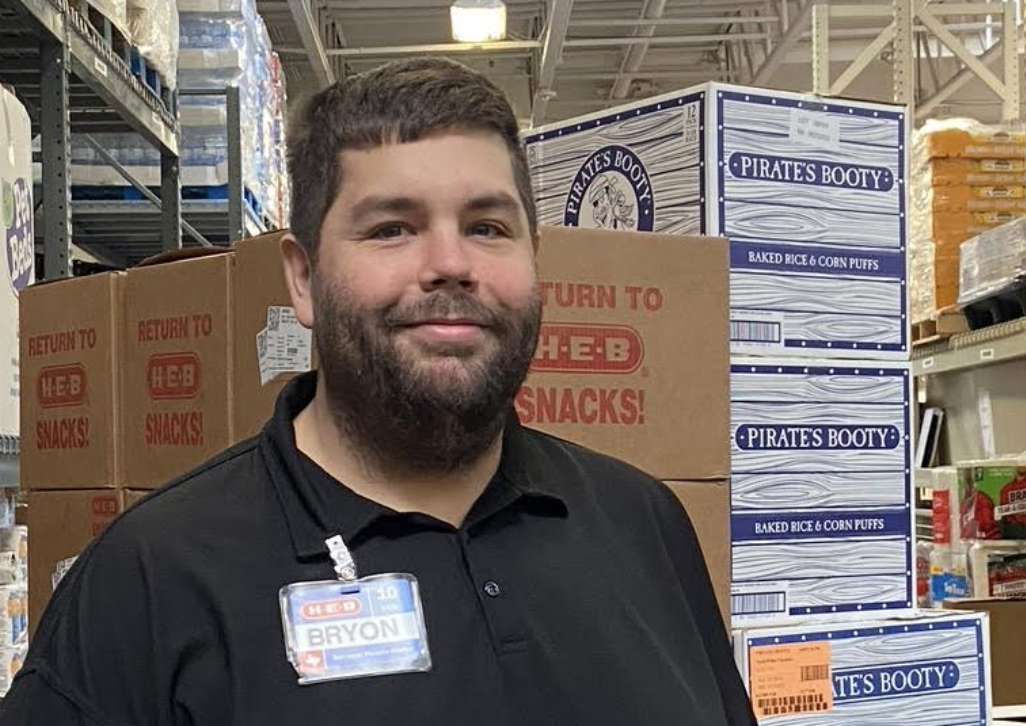(By JULIA APTE)
Online video games involve people who harass people, especially women, making it hard for them to enjoy the game.
Unfortunately, this is nothing new; the Gamergate scandal was the most significant issue where countless women who spoke out about the misogynistic culture were sent death and rape threats back in 2014.
“The games industry has yet to have a MeToo moment,” an anonymous female video game industry employee said. She chose to remain anonymous to keep her job and be able to continue working in the industry.
While this issue is less common, it still happens. In June, Jessica Richey, a New York content creator, compiled a list of accusations made by women featured in more than 400 stories. These aren’t just women who play games, but some are in the industry itself.
Spawntaneous, a Twitch streamer and YouTuber, has made a series of compilation videos documenting her experiences with toxicity and misogyny in games.
In Spawntaneous’s video in her “OMG a Girl Series” uploaded on Oct. 22, 2020, she talks about why she finds it so annoying and frustrating.
“Any other f****** guy talks in-game no one gives a f****** s***, but as soon as a girl talks, God forbid, they lose their f****** mind.”
Hannah Leppard, a female player, when asked about how she is affected by toxicity, said,“[It] makes me upset and makes me not want to play the game.”
In Spawntaneous’s videos, there are multiple examples of the extent men go to harass her. She is told to get back in the kitchen, killed by teammates, or sexualized.
There are moments those around her try to defend her; however, they are labeled as her boyfriend and given the same treatment. This deters people from helping women who are getting harassed.
“Toxic players have a lot of subcategories to them,” said Mathew Harmon, Twitch streamer MuddyTheSmall.
Some are naturally toxic, whether it’s in-game or out-of-the-game. Some people get angry at a game and lash out, thinking there are no consequences, and there are trolls who like getting reactions.
“I’m not good at the game, so when someone is bad at the game, I insult them to make myself feel better,” Banned.Bandit said.
“Games are by definition competitive, and many-core systems can bring out our inner child,” said Chad Laguardia, a programmer in the game industry.
Multiplayer games have always struggled with mitigating toxicity. Rather than ban every toxic player, developers try to use positive reinforcement systems.
“‘LoL’, ‘Dead by Daylight,’ ‘Mobile Legends: Bang Bang’ are small examples of games that include easy-to-use praise systems for teammates and opponents at the end of a match,” Laguardia said.
“I don’t go into voice chat anymore,” Leppard said. Using the voice channel is an integral part of team-based games, especially when playing competitively.
The industry has found ways to help by integrating a ping system that allows players to communicate with their team. However, it is not as effective as using the voice channel.
Most choose to ignore people who are being toxic. “I use the mute button,” said Louis Charlton, a male player.
Reporting players is an option. “One of the things you can report players for is unsportmanly conduct,” Harmon said. “I will report anyone who uses slurs or is directly toxic or isn’t playing the game.”




